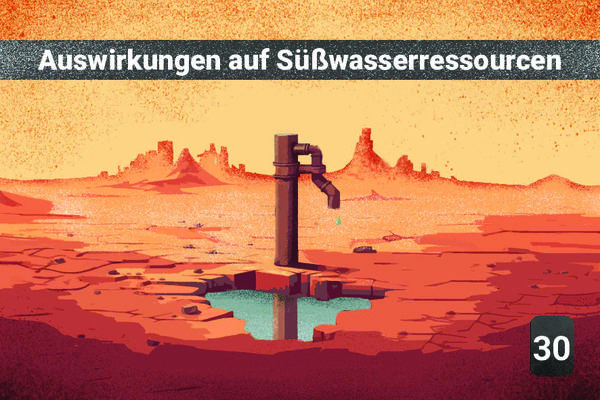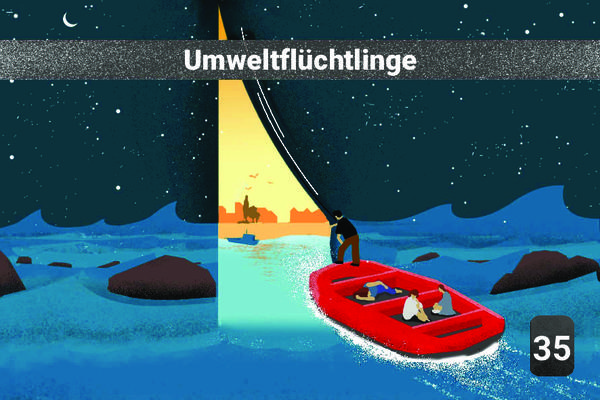38 - Armed conflicts

✏️ Diese Erklärung ist in deiner Sprache noch nicht verfügbar, Hier klicken um deine Übersetzung vorzuschlagen oder schreibe eine E-Mail an fdn.memo@marc-antoinea.fr.
3Ursachen
Tensions over freshwater resources, aggravated by climate change, can have an impact on armed conflict, as water is a vital resource whose scarcity or mismanagement exacerbates rivalries between groups, regions or countries. Here are some of the reasons why: Vital dependence on water: Fresh water is essential for survival (drinking), agriculture (irrigation) and industry. When it becomes scarce due to drought, over-consumption or pollution, the populations or states that depend on it may resort to violence to secure their access, especially in arid regions such as the Middle East or the Sahel.
Unequal sharing of cross-border resources: Many rivers and aquifers cross several countries (e.g. the Nile, Euphrates, Jordan). If an upstream country builds a dam or diverts water, those downstream, deprived of their share, may perceive this as aggression. For example, tensions between Ethiopia (Nile dam) and Egypt have already led to threats of conflict.
Increased local competition: On a regional scale, farmers, herders and city dwellers compete for available water. In Nigeria, for example, conflicts between nomadic herders and farmers intensify when water points dry up, sometimes degenerating into armed violence between communities.
Famines can in turn cause destabilization, unrest and even armed conflicts.




